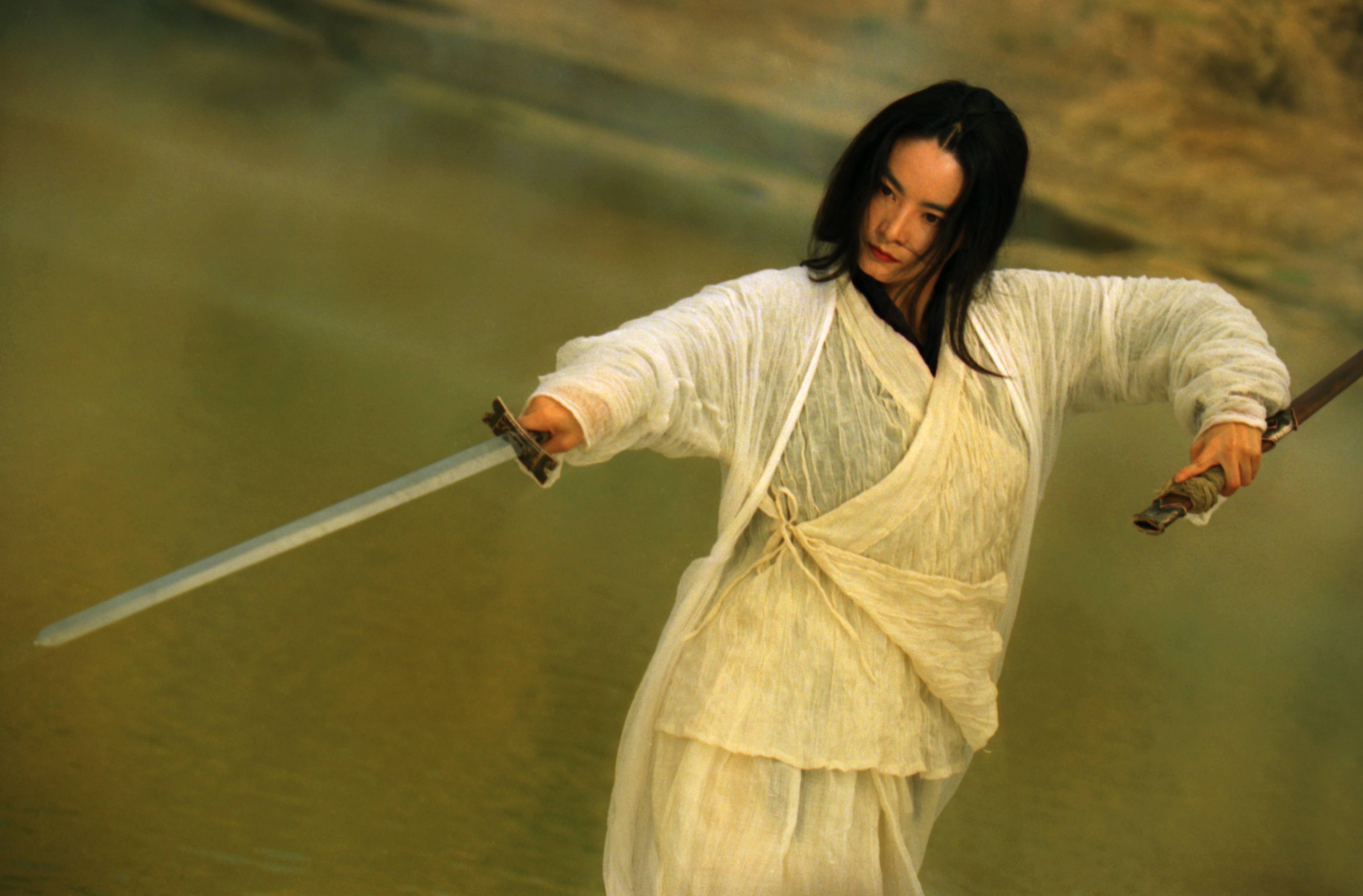As part of RADII’s ongoing In Conversation series, Founder Brian A. Wong moderates a panel discussion about US Chinatowns — their histories, current challenges, and representation in media through projects like Warrior.
For those not in the loop, Warrior is a hit HBO series based on an original TV concept from Bruce Lee, and crafted under the watchful eye of his daughter, Executive Producer Shannon Lee. The show follows Ah Sahm, a martial arts prodigy who emigrates from China in search of his sister, but finds himself immersed in the tension and conflict of gang activity in 19th century San Francisco’s Chinatown.
Taking this as a jumping off point, the panelists explore narratives, trends, and currents that underpin life in US Chinatowns today, where inhabitants still navigate discrimination, but also celebrate and share a common culture and way of life.
Moderator Brian A. Wong is joined by:
- Danny Haiphong – Independent activist and geopolitical analyst
- Carl Zha – Podcast host and media personality
- Scott “Chops” Jung – Critically acclaimed producer and musician
- Dana “Showtyme” Burton – Producer and founder of IRON MIC rap battles
Over the course of the panel, the guests share a wide range of perspectives about the state of US Chinatowns. Here are a few snapshots — and be sure to dive into the video above for the full picture.
“‘Warrior’ explores the internal struggles inside US Chinatown communities back in the 1870s, like challenges posed by warfare between ‘tongs,’ the Chinatown gangs that existed at the time. But the show also sheds light on the broader US-China political landscape, which was tainted by xenophobia, political corruption, and bigotry.”
One of the most exciting things about Warrior is its unique sense of time and place.
In a world full of cookie-cutter cop dramas and action series, it’s a breath of fresh air for a show to zero in on a different time, a different place, and a different cast of characters.
Warrior does just that, and it’s a bit jarring to see how many of these themes remain relevant today.
“By the 1880s, Chinese immigrants already made up nearly one-tenth of California’s population.”
Sometimes, statistics can be eye-opening.
Chinese citizens living in Chinatowns today are often still treated as a ‘different’ people. But looking at the data reveals a different story: that Chinese immigrants have always been part of the history of California, and of the United States.
“The scapegoating of Chinese people, of Asian-Americans, the violence against them, the dehumanization of them, that’s a historical thread.”
The prejudice faced by Ah Sahm and the characters in Warrior hasn’t gone away. Amidst an uptick in violence against Asian-Americans, history can start to tell us where some of this comes from.
It may be 19th century robber barons stoking discontent as a way to generate capital, or former President Trump dubbing Covid-19 the ‘Chinese virus’ as a way to shift the lens of public attention.
Hate can only remain in a space of ignorance, and different parties throughout history have been quick to scapegoat an illusory enemy if it helps them achieve their own ends.
“There’s this larger geopolitical aim that’s not acknowledged too much here in the United States. US mainstream media has a wall-to-wall coverage of China characterized by anti-China sentiment. You cannot find positive coverage — or even neutral coverage — of China within the pages of the New York Times, or on CNN, MSNBC, or Fox News.”
This is something RADII knows particularly well.
As an independent media platform, RADII has seen firsthand the ways that forces of division work within the media environment, shaping public opinion and drawing revenue through fear.
In the end, the truth is that our commonalities will always outweigh our differences.
See the full panel above, and tune in for more from RADII’s series, ‘In Conversation.’



















